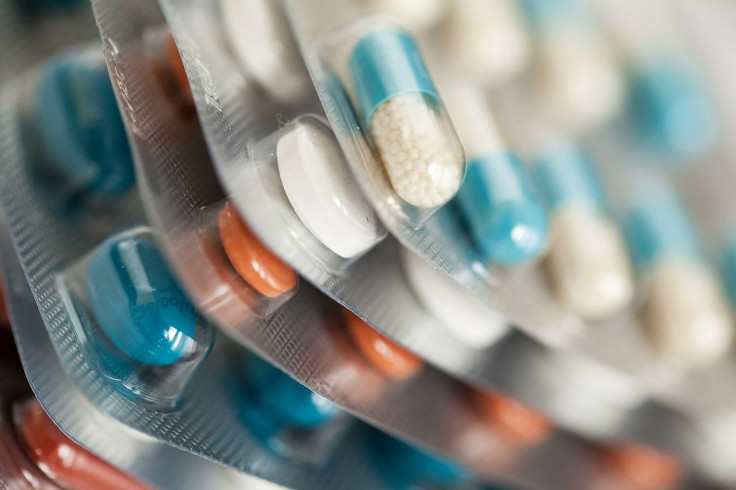Pharmaceutical Companies Should Be Marketing Drugs To Healthy People, Study Says

When it comes to medical treatment, we most often think sick people; it just doesn’t make sense why a healthy person would want to pay for drug they don’t need. But a new study out of Johns Hopkins University presents a compelling argument for why healthy people are a large, overlooked potential market for medical innovations.
“Companies are inclined to make drugs for the diseases that make the largest numbers of people sick,” said Nicholas W. Papageorge, assistant professor of economics at Johns Hopkins, in a statement. “But we say, think about all the people who could get sick — they are willing to pay a lot for the option of having a drug if they need it.”
The paper, published in the Review of Economic Studies by Papageorge and his co-authors, refers to a critical moment in pharmaceutical history to present the case. In 1996, the life-saving antiretroviral drugs known as HAART (highly active antiretroviral therapy) transformed the fight against HIV from what was essentially a death sentence into a fairly manageable chronic condition. The researchers found HAART was valuable not only to those who were HIV-positive, but to a large pool of uninfected people who feared becoming infected in the future.
The study expands this idea to other medical technologies, suggesting there is a hidden demand for other underdeveloped drugs. Analysis of this demand could help institutions more effectively allocate research dollars to developing treatments that would help the most people.
Analyzing the data on who was interested in HAART as it was introduced, the researchers found uninfected individuals wanted the drug to be available if they should ever need it — almost like an insurance policy.
“Anytime there’s a disease where people suspect there’s some probability they might get it, they would be willing to pay to find a treatment,” Papageorge said. “I would be willing to pay for an Alzheimer’s drug or dementia drug or maybe something for colon cancer because there’s some chance I might one day need it.”
The team also used their model to look at how much individuals would value a hypothetical HIV vaccine, and determined it would obviously benefit uninfected people — they could go on with their lives without fear of infection. It would also, more subtly, benefit those already infected with HIV because it would disinhibit uninfected people, therefore giving HIV-positive people more opportunities to find sexual partners.
“The result,” Papageorge said, “hinges on the often-overlooked idea in medical literature that while risky behavior might have negative long-term health consequences, it can be enjoyable and therefore valuable, and this should be taken into account when we want to understand the value of new medicines.”
Source: Chan T, Hamilton B, Papageorge N. Health, Risky Behavior and the Value of Medical Innovation for Infectious Disease. Review of Economic Studies. 2015.
Published by Medicaldaily.com



























